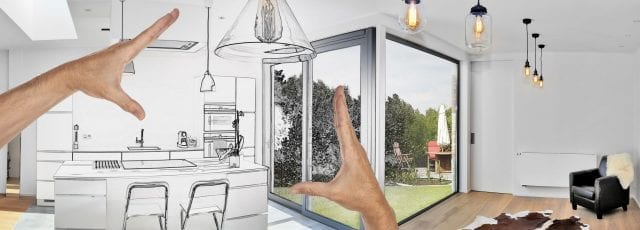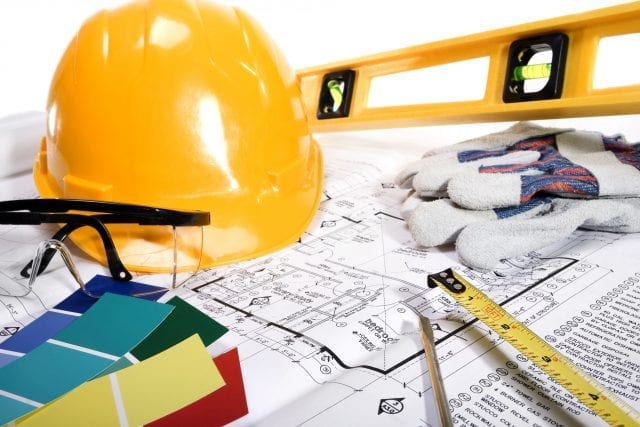
It’s a common dilemma for homeowners all over the country. You’ve bought your first home and you love it, but it no longer ticks some pretty important boxes. It’s time to answer the question the Clash asked way back in 1982: Should I Stay or Should I Go?
Home is Where the Heart Is
Remodelling: When it comes to deciding whether to buy a new property or not, you shouldn’t just let it be a decision that’s made with the head. Your home is where you’ve built memories, celebrated birthdays, and watched your kids grow up. Are you really ready to leave all of that behind?

And we haven’t even talked about the stress of moving. According to research, moving is one of the most stressful experiences in life, with divorce, the death of a family member, and being fired being the only things that come in higher on the list.
Buying: Listen, we get it. You’ve been there so long that your home has become part of your extended family. However, it’s still just a house. If it’s no longer serving your family’s requirements, so it’s time to think about leaving. If remodelling your home is not the most practical solution, it’s time to put up the ‘For Sale’ sign.
The Financial Picture
Remodelling: Buying a home is more than just the ticket price. We’re talking real estate fees, stamp duty, and many other hidden costs you don’t even know about yet. The transaction costs can be prohibitively high. And we haven’t even mentioned how much it costs to physically move house (the average is $1,250 per move).
Remodelling is usually the cheaper option and often makes the most sense financially. You may even add value to your home that exceeds your remodelling investment costs. Do your calculations before you decide to look for a new home.
Buying: You may think that buying a new property is beyond your financial limits, but depending on when you bought your current home it’s possible that you’re completely out of the loop. Things change quickly in the property game and you may be surprised by how much is possible. If you’re worried about your financial muscles, use an online mortgage calculator to figure out how much you can borrow, and how much you’ll need to pay back per month.
Who is Going to Do the Work?
Buying: There’s a huge difference between renovations and remodelling jobs. The former is relatively easy and you can find a handyman or local company to take care of most jobs for relatively little money. Heck, if you’re an experienced DIYer, it’s possible you can do most of it yourself.

However, when it comes to remodelling, you’ve entered a whole new ballgame. Remodelling can involve major operations, such as reworking the foundations of the home, digging out a basement, or redoing the entire kitchen, for example. You’ll have to have access to experienced companies that you can trust, and these are not always easy to find.
Remodelling: Where’s there’s a will, there’s a way. Sure, it’ll take more money and time, but it’s still possible to find a design-build remodelling contractor that can take your ideas and bring them to fruition. Of course, remember to engage an architect and/or engineer to guarantee that the remodelling is done according to professional safety standards.
The Remodelling Project
Buying: The contractor sells you a pretty picture: a project done within a specified time frame and budget. The reality, however, is that most projects actually end up taking longer than the original estimates. Don’t be surprised when your contractor saddles you with additional costs.
Buying is an alternative that may actually end up being cheaper. You know exactly what you’re paying for your new property. It’s a ticket price affair, after all. You’re not dealing with vague estimates and projects, just get that mortgage and you’re golden.
Remodelling: Okay, a remodelling project isn’t straightforward. It requires meticulous planning, patience, and a solid contractor that has a wide range of reviews for a job well done and a palatable budget. As long as you can find that, remodelling is a viable alternative to packing up and buying a new house.









